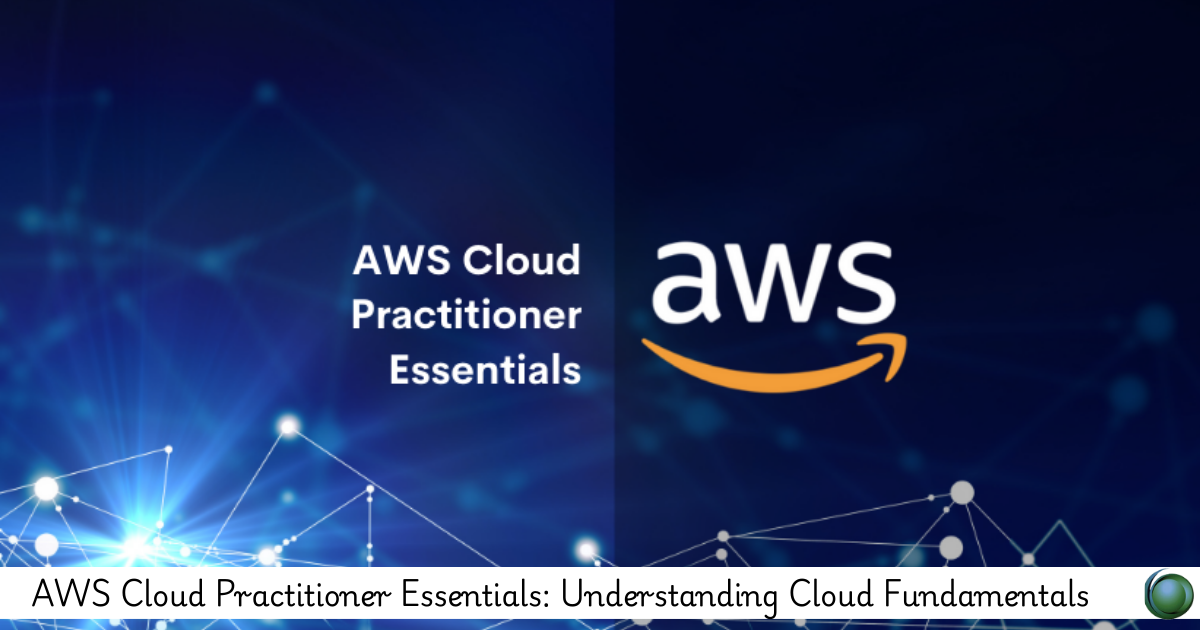Description
Introduction
Nomad, developed by HashiCorp, is a versatile and efficient container and workload orchestration platform designed to deploy and manage applications across a distributed infrastructure. Unlike Kubernetes, Nomad is known for its simplicity and flexibility, supporting a broad range of workloads, including containers, virtual machines, and standalone applications. Nomad integrates seamlessly with other HashiCorp tools such as Consul and Vault, making it a comprehensive solution for managing modern infrastructure. It provides an easy-to-use interface for orchestrating containerized applications, ensuring scalability, availability, and resource optimization.
Prerequisites
- Basic understanding of containers and orchestration principles.
- Familiarity with HashiCorp products like Consul and Vault is helpful but not mandatory.
- Experience with Linux systems, cloud environments, or DevOps practices will be beneficial.
- Knowledge of distributed systems and networking fundamentals.
Table of Contents
- Introduction to Nomad
1.1. What is Nomad?
1.2. Key Features and Benefits
1.3. Nomad vs Kubernetes: A Comparison - Installing and Setting Up Nomad
2.1. Nomad Installation Overview
2.2. Configuring the Nomad Server and Client
2.3. Verifying the Installation and Setup - Nomad Architecture
3.1. Understanding the Nomad Cluster Components
3.2. Nomad Agents: Server and Client
3.3. Job Specifications and Task Drivers - Deploying Applications with Nomad
4.1. Introduction to Job Specifications
4.2. Running Docker Containers with Nomad
4.3. Deploying Non-Containerized Applications - Scaling and Managing Resources in Nomad
5.1. Resource Allocation and Scheduling
5.2. Dynamic Scaling of Applications
5.3. Managing Resource Pools and Allocation Constraints - Networking and Service Discovery in Nomad
6.1. Nomad’s Built-in Networking Model
6.2. Integrating Consul for Service Discovery
6.3. Networking for Multi-Region and Multi-Cluster Deployments - Security and Access Control in Nomad
7.1. Role-Based Access Control (RBAC) in Nomad
7.2. Securing Application Secrets with Vault
7.3. Transport Layer Security (TLS) for Secure Communications - Job Scheduling and Execution in Nomad
8.1. Overview of Job Types: Batch and Service Jobs
8.2. Configuring Job Scheduling Policies
8.3. Managing Job Execution with Constraints and Affinities - Monitoring and Logging in Nomad
9.1. Monitoring Nomad Cluster Health
9.2. Centralized Logging Solutions with Nomad
9.3. Integrating Prometheus for Metrics Collection - Advanced Nomad Features
10.1. Nomad and Consul Integration
10.2. Multi-Datacenter and Multi-Region Deployments
10.3. Integrating Nomad with HashiCorp Vault for Secrets Management - Troubleshooting and Debugging in Nomad
11.1. Diagnosing Common Issues in Nomad
11.2. Using Nomad CLI for Debugging
11.3. Log Analysis and Incident Resolution - Scaling and Optimizing Nomad Clusters
12.1. Scaling Nomad Clusters for High Availability
12.2. Optimizing Performance for Large Deployments
12.3. Load Balancing and Resource Utilization - Upgrades and Maintenance in Nomad
13.1. Rolling Upgrades for Nomad Clusters
13.2. Managing Cluster Maintenance Windows
13.3. Backup and Recovery in Nomad - Best Practices for Nomad Operations
14.1. Managing State and Persistence in Nomad
14.2. Efficient Resource Management and Cost Optimization
14.3. Governance and Compliance in Nomad Deployments - Case Studies and Use Cases
15.1. Nomad for Continuous Deployment and CI/CD Pipelines
15.2. Multi-cloud Deployments Using Nomad
15.3. Nomad in Microservices and Microservice Orchestration
Conclusion
Nomad provides a simple, flexible, and powerful solution for orchestrating containerized and non-containerized applications across a variety of environments. Its lightweight architecture, combined with tight integration with HashiCorp’s ecosystem, makes it an excellent choice for organizations looking to streamline deployment workflows. Nomad’s ability to manage diverse workloads, coupled with robust features such as scaling, security, and multi-cloud deployments, ensures it is well-suited for modern application infrastructure. Mastering Nomad enables teams to effectively deploy, manage, and scale applications in distributed environments, driving greater efficiency and productivity.







Reviews
There are no reviews yet.